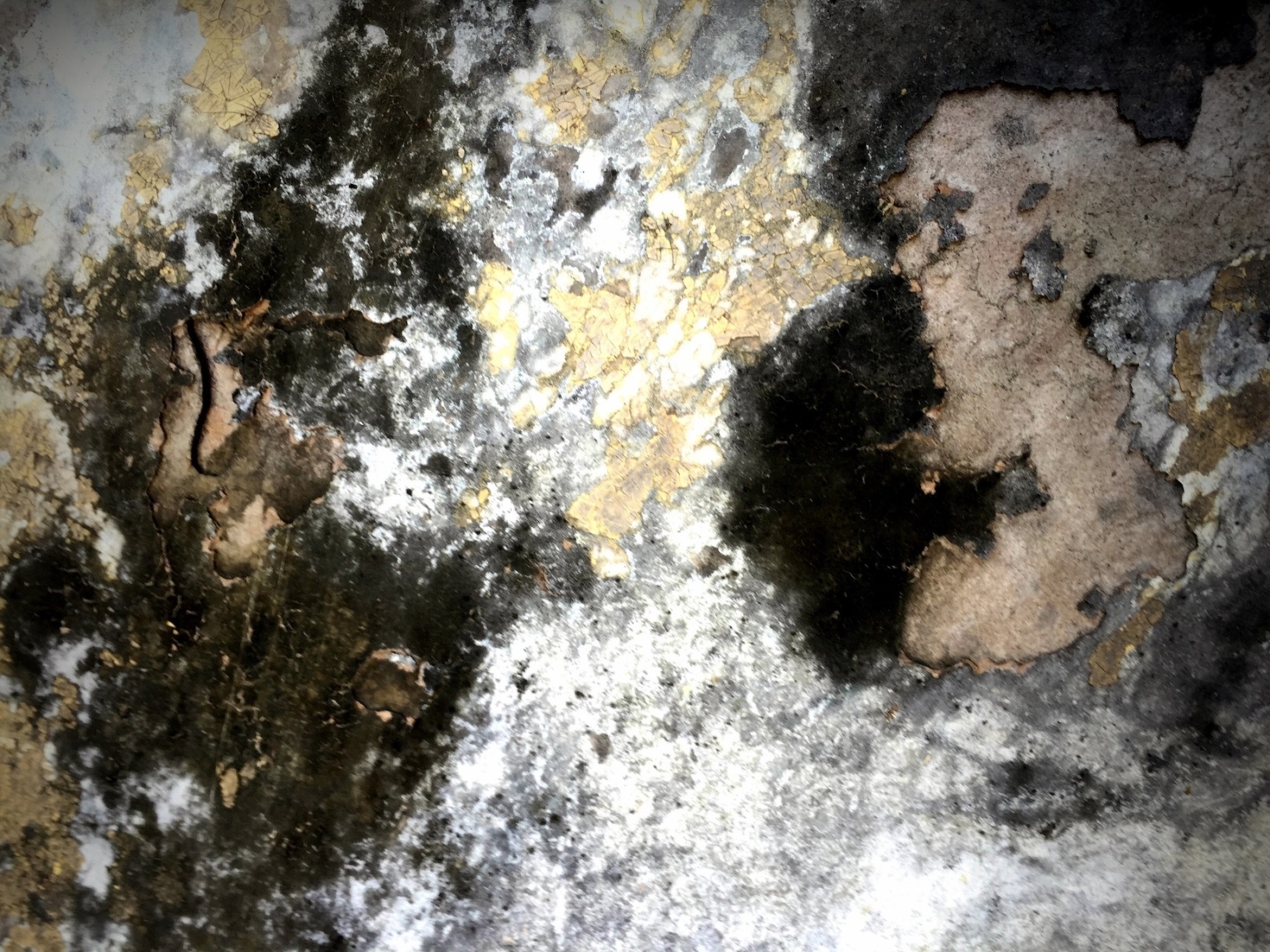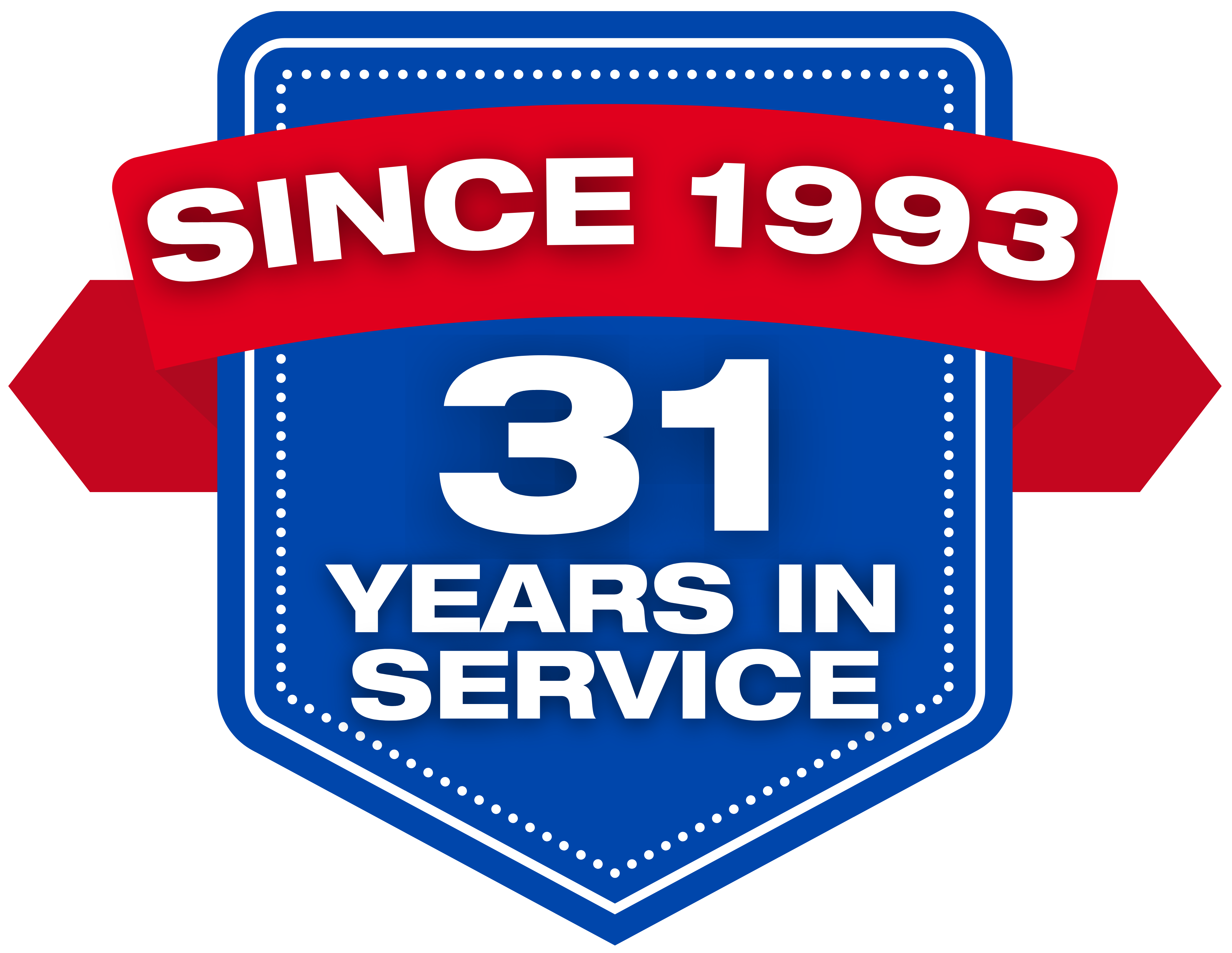Mold in Your House: When to Worry and What to Do About It

Mold is a common problem that many homeowners encounter at some point. While some types of molds are harmless, others can pose serious health risks and damage to your property. Knowing when to be concerned about mold in your house is crucial for maintaining a healthy living environment. In this comprehensive guide, we'll explore the signs of mold growth, the health risks associated with mold exposure, and what steps you can take to address mold issues effectively.
Understanding Mold:
Mold is a type of fungus that thrives in damp and humid environments. It reproduces by producing tiny spores that can float through the air and settle on surfaces, where they can grow and spread rapidly. Mold can often be found in areas with high moisture levels, such as bathrooms, kitchens, basements, and attics. Common types of mold include black mold (Stachybotrys chartarum), green mold (Penicillium), and white mold (Aspergillus).
Signs of Mold Growth:
Identifying mold growth in your home is essential for addressing the problem promptly. Some common signs of mold growth include:
- Visible Mold: Mold growth may appear as discolored patches or spots on walls, ceilings, floors, or other surfaces. Mold can be black, green, white, or gray in color and may have a fuzzy or slimy texture.
- Musty Odor: Mold often produces a musty or earthy odor that can be noticeable even before visible mold growth is apparent. If you detect a persistent musty smell in your home, it could indicate the presence of mold.
- Water Damage: Areas of water damage, such as leaks, floods, or water stains, provide ideal conditions for mold growth. Inspect areas where water damage has occurred or where moisture is present, such as around pipes, windows, and roofs.
- Allergic Reactions: Mold exposure can trigger allergic reactions in sensitive individuals, such as sneezing, coughing, nasal congestion, skin irritation, or respiratory problems. If you or your family members experience unexplained allergy symptoms, mold may be the culprit.
Health Risks of Mold Exposure:
Exposure to mold can have various health effects, ranging from mild allergic reactions to severe respiratory problems and other health issues. Some potential health risks associated with mold exposure include:
- Allergic Reactions: Mold spores can trigger allergic reactions in individuals with allergies or asthma, leading to symptoms such as sneezing, coughing, wheezing, and itchy eyes or skin.
- Respiratory Problems: Prolonged exposure to mold can exacerbate respiratory conditions such as asthma and bronchitis, as well as cause respiratory infections and inflammation of the airways.
- Sinus Infections: Mold exposure can irritate the nasal passages and sinuses, increasing the risk of sinus infections and chronic sinusitis.
- Skin Irritation: Contact with mold or mold spores can cause skin irritation, rashes, or dermatitis in sensitive individuals.
- Neurological Symptoms: Some studies suggest a possible link between mold exposure and neurological symptoms, such as headaches, memory loss, and cognitive impairment, although more research is needed to confirm this association.
When to Be Worried About Mold:
While some mold growth may be relatively harmless and easy to address, there are situations where mold can pose significant health risks and property damage remediation is needed. You should be concerned about mold in your house if:
- You Have Visible Mold: If you can see mold growth in your home, especially in large or widespread areas, it's essential to address the problem promptly to prevent further damage and health risks.
- You Smell Mold: A persistent musty odor in your home could indicate hidden mold growth behind walls, under floors, or in other hidden areas. If you detect a moldy smell, it's crucial to investigate the source and address any underlying moisture issues.
- You Experience Health Symptoms: If you or your family members experience allergic reactions, respiratory problems, or other health symptoms that worsen when you're at home, mold may be a contributing factor.
- You've Had Water Damage: If your home has experienced water damage from leaks, floods, or plumbing issues, there's a high risk of mold growth. It's essential to thoroughly dry and clean affected areas to prevent mold from spreading.
- You Have High Humidity Levels: High indoor humidity levels can create ideal conditions for mold growth. If your home consistently has humidity levels above 60%, it's essential to take steps to reduce moisture and prevent mold growth.
What to Do About Mold:
If you're concerned about mold in your house, here are steps you can take to address the problem effectively:
- Identify and Remove the Source: Locate and address any sources of moisture or water intrusion, such as leaks, floods, or condensation. Repairing water damage and eliminating excess moisture is crucial for preventing mold growth.
- Clean and Remove Mold: Thoroughly clean and remove mold-affected areas using appropriate cleaning products and techniques. Wear protective gear, such as gloves and a mask, to avoid exposure to mold spores.
- Improve Ventilation: Increase ventilation in your home by using exhaust fans, opening windows, and using dehumidifiers to reduce humidity levels and promote air circulation.
- Seal and Repair: Seal and repair any cracks, leaks, or gaps in walls, roofs, windows, and doors to prevent moisture intrusion and minimize the risk of mold growth.
- Consult Professionals: If you have extensive mold growth or are unsure how to address the problem, consider consulting mold remediation professionals who have the expertise and equipment to safely and effectively remove mold from your home.
Mold in your house is a concern that should not be ignored. Understanding the signs of mold growth, the health risks associated with mold exposure, and how to address mold issues effectively are essential for maintaining a safe and healthy living environment. By identifying mold early and taking proactive measures to prevent and remove mold growth, you can protect your health and preserve the integrity of your home. If you're worried about mold in your house, don't hesitate to take action to address the problem promptly.
Dealing with mold issues?
All-Clean USA is here to assist you. Our team of mold remediation experts can effectively remove mold from your home or business and implement measures to prevent future growth. Contact us today to begin creating a cleaner and safer environment for your property.


